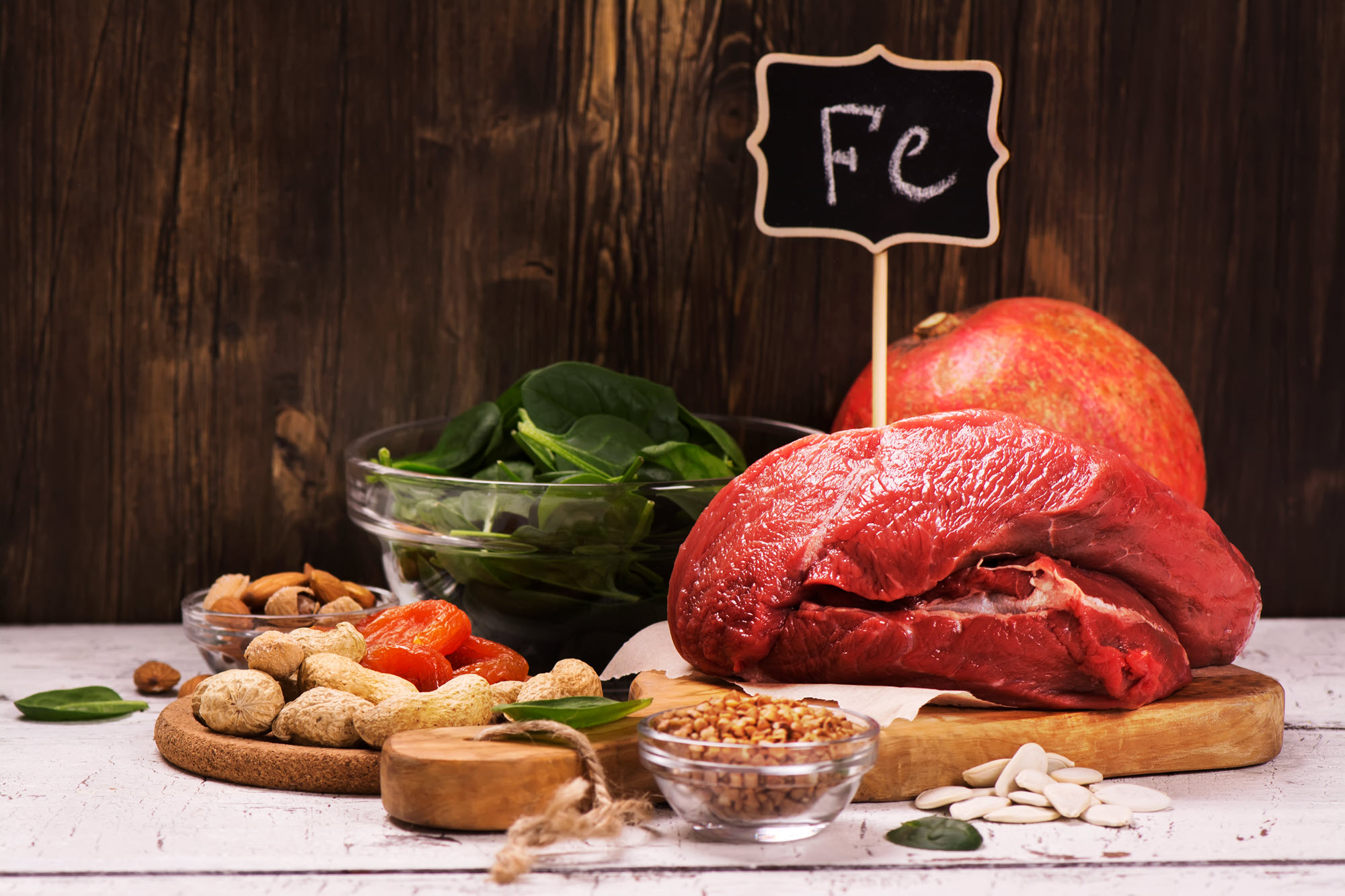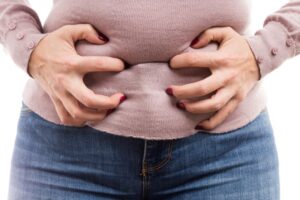As you sail through the sea of menopause, an unexpected wave known as anemia might try to knock you off course. It’s a condition often triggered by the heavier menstrual flow common in menopause, leading to iron deficiency. Symptoms like fatigue, hair loss, and even stronger hot flashes can signal its presence.
You can deal with anemia naturally. Understanding and managing anemia in menopause allows you to embrace this new life chapter with vigor and vitality.
Dr. Gala’s Quick Take
Yes, anemia in menopause is identified through blood tests for low red blood cell count, and treatment typically involves iron supplements or dietary changes to boost iron intake. Regular check-ups with healthcare providers are crucial for effective management.
Anemia in Menopause
If you’re experiencing anemia in your menopause years, you’re not alone. It’s a common condition that can make the discomfort that often accompanies this life stage worse.. But there are practical ways to manage it.
As a postmenopausal woman, you’re at a higher risk of iron deficiency anemia, often due to increased blood loss from heavier menstrual flows. This can lead to low iron levels, causing fatigue, hair loss, and other distressing symptoms.
But remember, you’re powerful and in control. You can minimize the risk of iron deficiency by incorporating iron-rich foods into your diet. Lean meat, seafood, beans, dark leafy greens – these are your weapons.
You’re not merely surviving menopause; you’re thriving through it. You have the power to manage anemia and reclaim your strength.
Types of Anemia
Understanding the different types of anemia can empower you.
Let’s start with the most common – Iron-Deficiency Anemia, progress to Vitamin-Related Anemia, and finally touch on Chronic Disease Anemia.
Each of these has unique causes and symptoms, and knowing them can guide you to targeted treatments and a healthier you.
Iron-Deficiency Anemia
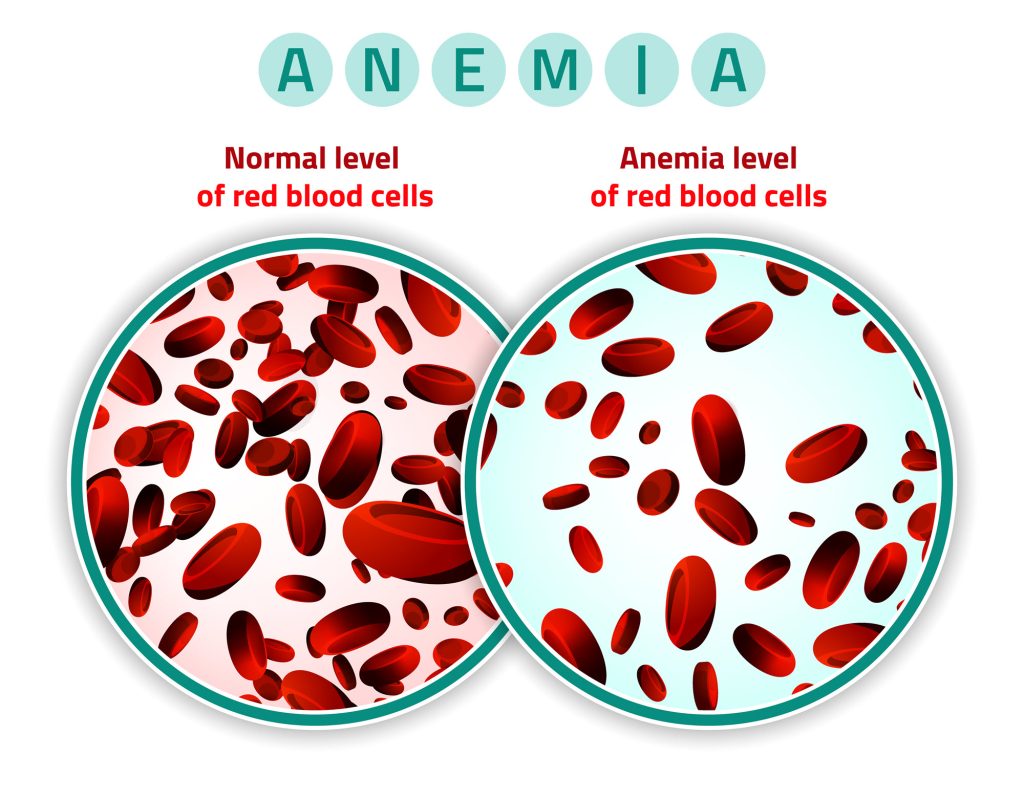
In dealing with menopause, it’s crucial to understand one common type of anemia you might face – iron-deficiency anemia. This is the most widespread nutritional deficiency globally, affecting your energy, hair, and nails and even amplifying menopause symptoms like hot flashes.
But don’t despair! There are things you can do that are totally within your control.
- Include iron-rich foods in your diet … like lean red meat, seafood, and beans.
- Monitor your ferritin levels to ensure optimal iron storage.
If you’re struggling to maintain your ferritin levels, it could be due to gastrointestinal disorders. Malabsorption leads to anemia.
Iron supplements aren’t always the answer. Sometimes, intravenous iron is needed. Iron supplementation requires close monitoring. If you’re not absorbing what you’re consuming, it will just add toxicity.
Now, let’s explore another form of anemia that surfaces during menopause – vitamin-related anemia.
Vitamin-Related or Pernicious Anemia
Moving on from iron deficiency anemia, let’s explore the concept of vitamin-related anemia, another form of anemia that can affect you during menopause. While iron deficiency is one culprit, a lack of vital vitamins can also lead to anemia.
This is where your power lies in understanding and taking control of your health. Women often overlook the importance of vitamins B9 and B12. A deficiency of these vitamins can lead to anemia.
Don’t let menopause rob you of your vitality. Find strength in knowledge and arm yourself with a balanced diet and regular check-ups. Remember, this isn’t about merely surviving menopause but thriving through it.
With the right tools and strategies, you can overcome vitamin-related anemia.
Chronic Disease Anemia
There is another type of anemia you might encounter during menopause: chronic disease anemia. This condition is similar to iron-deficiency anemia but the root cause is different. Symptoms like fatigue and hair loss may create confusion … and even lead to inappropriate or ineffective treatment.
Here’s a deeper look.
Iron deficiency anemia:
- Most common nutritional deficiency anemia worldwide.
- Caused by inadequate iron intake, poor absorption, and increased iron demand.
Chronic Disease Anemia due to malabsorption:
- Occurs in about 6.8% of postmenopausal women.
- Associated with autoimmune diseases like celiac disease and inflammatory bowel disease.
What Type of Anemia Do You Have
Understanding the type of anemia you’re experiencing is crucial in managing your health during menopause. You could have iron-deficiency anemia, pernicious anemia, or even hemolytic anemia.
Let’s shed light on each type, their symptoms, and ways you can cope to empower you on your journey through menopause.
Identifying Iron-Deficiency AnemiaD
If you’re experiencing a constant feeling of fatigue along with brittle nails and hair loss, you may be one of the many menopausal women suffering from iron-deficiency anemia. This form of anemia comes from a lack of iron in your blood, critical for producing red blood cells.
Here’s how you can start identifying iron-deficiency anemia.
- Get a blood test. The results can indicate anemia and a reduced level of iron.
- Check your hemoglobin and hematocrit levels.
- The serum ferritin test indicates your iron stores.
- Understand the causes and symptoms of iron deficiency. Inadequate iron intake, poor absorption, and increased iron demand are common causes. Gastrointestinal disorders can also lead to iron deficiency.
Next, let’s discuss pernicious anemia symptoms.
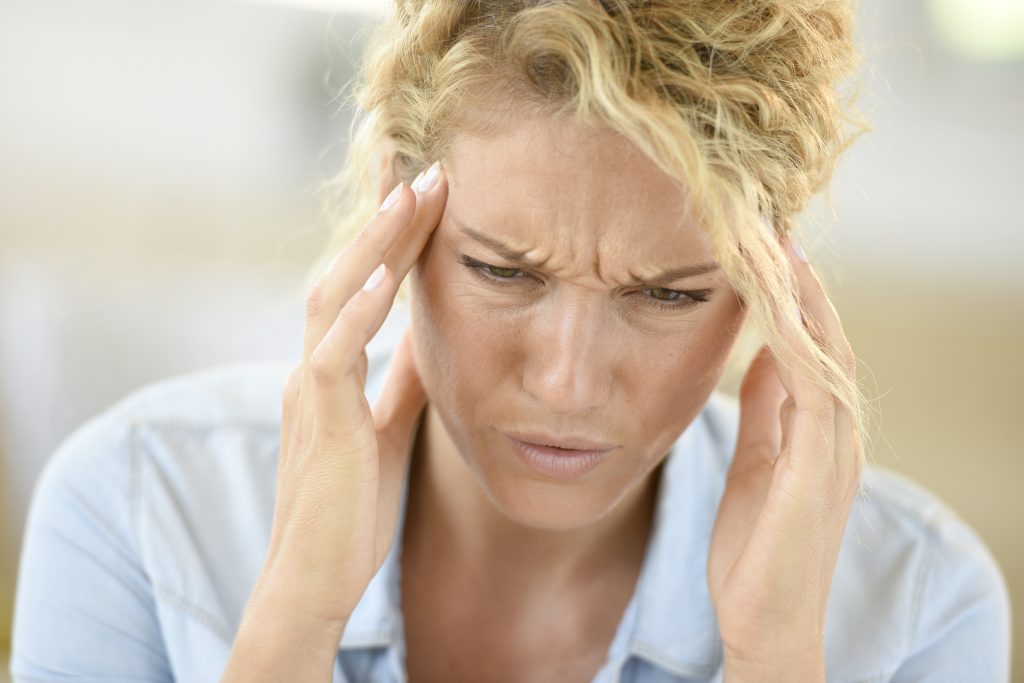
Vitamin-Related (Pernicious) Anemia Symptoms
In the midst of menopause, you might be dealing with pernicious anemia, which presents its own unique set of symptoms. If you’re constantly feeling tired, experiencing tingling in your hands and feet, or dealing with memory loss, these could be pernicious anemia symptoms.
It’s not just about increasing your iron through red meat or iron supplementation. You also need vitamin B12 to combat this form of anemia. Taking control of your health empowers you and reduces your risk of complications like nerve damage and stomach cancer.
Your strength lies in your knowledge and action. Seek help when you notice these symptoms and take the necessary steps to regain your vitality.
Understanding Chronic Disease (Hemolytic) Anemia
Moving on from pernicious anemia, another type of anemia you might encounter during menopause is hemolytic anemia. This condition occurs when your body destroys red blood cells faster than it can produce them. The underlying cause is often a problem with the protein called ferritin that transports oxygen in your blood. Your body can’t produce energy efficiently, leading to fatigue and other symptoms.
Treating Anemia Naturally
In your battle against anemia, there are natural ways you can regain your vitality.
Embracing dietary changes and introducing iron-rich foods into your meals can be a game-changer.
Plus, certain natural supplements may enhance your body’s ability to absorb iron effectively, giving you the strength you need to live your best life.
Dietary Changes
Altering your diet to include more iron-rich foods is a natural method to combat anemia during menopause. This dietary change can significantly improve your iron absorption, reducing fatigue and other uncomfortable symptoms.
You can empower yourself through food by including iron-rich foods and plenty of Vitamin C-rich food to increase the absorption of your meals.
- Lean red meat
- Seafood
- Beans
- Dark leafy greens
- Citrus fruits
- Bell peppers
- Strawberries
Iron-rich Foods
Incorporating iron-rich foods into your diet is a powerful natural strategy for treating anemia during menopause. Make sure you’re taking in enough iron from lean red meat, seafood, beans, and dark leafy greens. These can replenish your body’s iron stores and help manage your iron deficiency.
Remember, too much iron can lead to iron overload, so balance is key. Consuming iron-rich foods not only improves your symptoms but also empowers you to take control of your health.
Natural Supplements

Besides loading up on iron-rich foods, you can also turn to natural supplements to help manage your menopause-related anemia. The right supplements can help you respond to treatment more effectively, improving your immune system and reducing side effects. Consider:
- Turmeric: a potent iron chelator that reduces stored iron levels.
- Curcumin: Turmeric’s active ingredient also has anti-inflammatory properties.
- Vitamins B12 and C: Aid iron absorption and protect against free radicals.
- Vitamin B9: Supports nerve function and energy levels.
Risks Related to Anemia
Anemia during menopause is a shared experience for many women. Understanding the symptoms of anemia and how it impacts menopause can empower you to regain control of your health.
Symptoms of Anemia
As you navigate through menopause, it’s crucial to understand the symptoms and risks associated with anemia. Recognizing the symptoms of anemia can motivate you to take action. Remember, common signs include fatigue, restless legs, and poor body temperature regulation. Many of these symptoms are also associated with other mineral deficiencies, so it’s important to make sure you keep looking until you get to the root cause of your problems.
More severe symptoms can indicate potential complications.
Angina, marked ankle edema, or dyspnea at rest may suggest cardiorespiratory pathology. These symptoms often appear when the hemoglobin concentration drops below 70 g/l.
Untreated anemia can increase susceptibility to illness and infection. Gastrointestinal bleeding and impaired liver function can make the condition worse.
Addressing anemia is best solved by incorporating iron-rich foods into your diet, but you may have to take iron supplements daily … at least initially … until you can heal your gastrointestinal and other health issues.
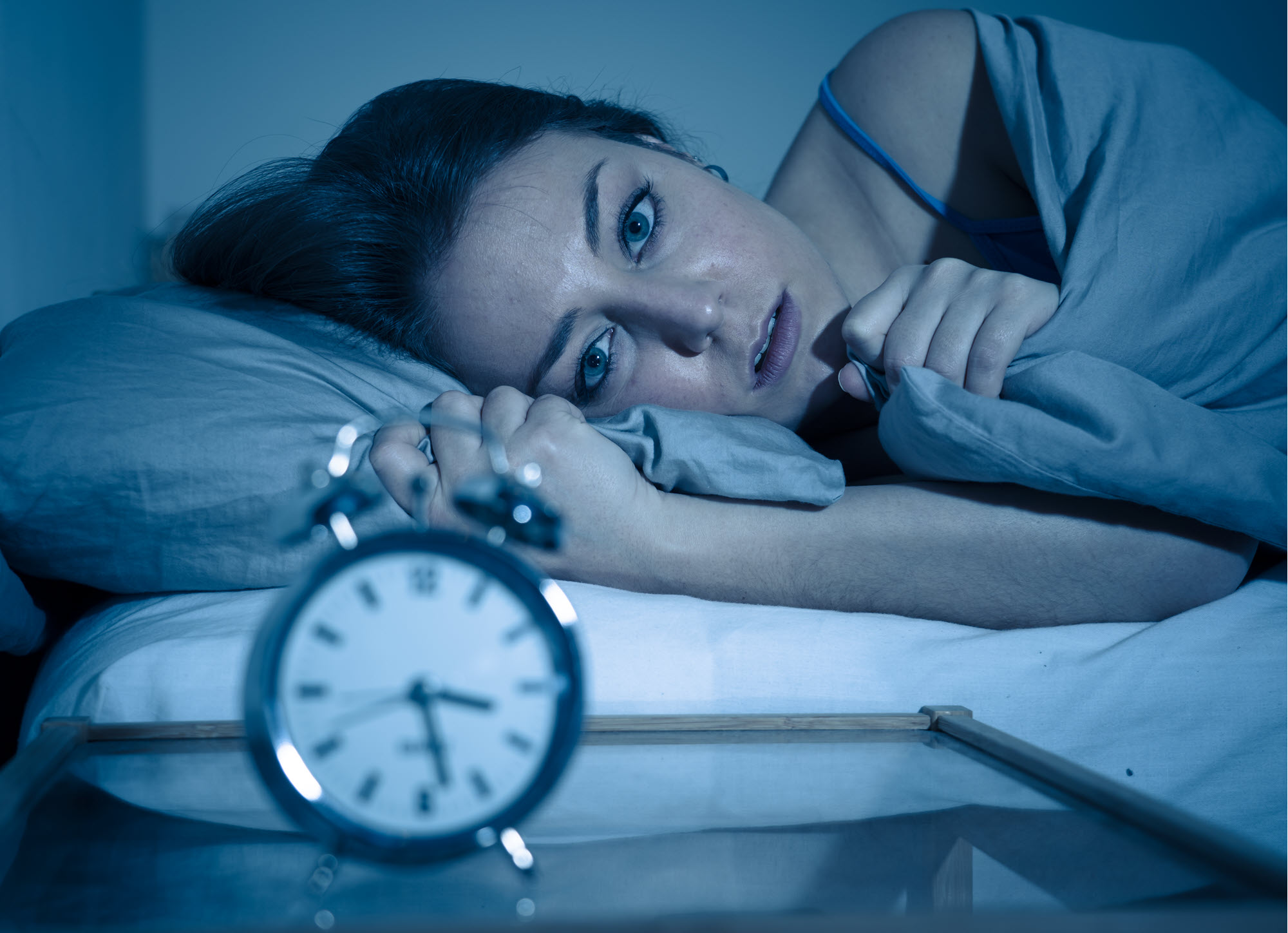
Anemia’s Impact on Menopause
In managing your journey through menopause, it’s critical to realize the substantial impact anemia can have on your overall health, including potential risks and long-term complications.
People with iron deficiencies can experience a myriad of symptoms, from fatigue and insomnia to poor body temperature regulation.
This rarely causes an immediate threat, but it can affect your gastrointestinal tract, overall vitality, and even your heart and lungs in the long run.
Be mindful of the medications you take, as even common anti-inflammatory drugs can affect your iron levels.
Facing menopause with power means maintaining your iron balance, to ensure you’re ready for whatever comes next.
Be strong, be informed, and meet menopause head-on.
Iron Deficiency Causes
Understanding the causes behind your iron deficiency is crucial for managing anemia during menopause. It’s often due to inadequate iron intake, poor absorption, or increased iron demand.
Here are some iron deficiency causes:
- Gastrointestinal disorders like celiac disease and H.pylori infection
- About 7% of postmenopausal women with iron deficiency anemia resulting have malabsorption issues.
- Chronic disorders can also contribute to iron deficiency.
Preventing Menopausal Anemia
Keeping these risks in mind, let’s now focus on how you can effectively prevent anemia during your menopausal years.
It’s critical to understand your family history and be aware of conditions like celiac disease, which can lead to iron malabsorption. If you’ve been diagnosed with celiac disease, even as a younger patient, maintaining a gluten-free diet is essential.
Also, take note of any unusual fatigue or symptoms. You’d be wise to consult with your doctor if symptoms persist beyond two weeks. Remember, you have the power to influence your health outcomes.
Diet for Anemia
Often, you’ll find that incorporating iron-rich foods into your daily diet can significantly reduce your risk of developing anemia during menopause. Yet, sometimes, diet alone isn’t enough due to factors like malabsorption or underlying chronic disorders.
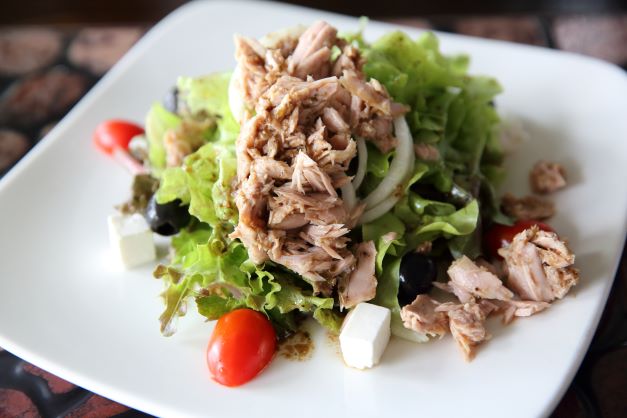
Empower yourself with knowledge. Understand the risks and adapt your approach to dealing with anemia. Here’s what you need to remember if you have a risk of iron malabsorption.
- Gastrointestinal disorders like celiac disease and H. pylori infection can hinder iron absorption.
- Oral iron supplements might not work if they can’t be absorbed. Intravenous iron may be needed.
Approximately 19% of iron-deficient anemic postmenopausal women also have chronic disease anemia. Managing these underlying disorders is crucial in your battle against anemia.
Frequently Asked Questions
What Is the Quickest Way to Reverse Anemia?
Are you seeking a quick fix for anemia? Iron supplementation, notably ferrous sulfate with vitamin C, shows rapid results. Boosting your diet with iron-rich foods can also make a significant difference. You’ve got this!
What Does Anemia Tiredness Feel Like?
You know that exhaustion that hangs heavy, like you’re dragging yourself through thick mud? That’s what anemia tiredness feels like. It’s more than just feeling “tired”; it’s a profound fatigue that doesn’t improve with rest.
Can Taking Iron Pills Help With Anemia?
Yes, you can effectively combat anemia by taking iron pills. They’ll boost your iron levels, invigorate your body, and help you reclaim your strength. If you don’t have a positive response to supplementation, you may have a problem with absorption.
How Do You Feel When You Are Anemic?
When you’re anemic, you feel constantly tired, cold, and may notice hair loss or brittle nails. You might also struggle with regulating your body temperature. It’s important to get a blood test to evaluate your ferritin levels
Key Takeaways
Navigating menopause can be like riding a rollercoaster. By understanding its types and risks, you can enjoy the ride.
- Anemia can be a part of the menopause journey, but it doesn’t have to take over.
- Understanding the types of anemia and their risks can help you better manage your health.
- Natural remedies, like incorporating iron-rich foods into your diet, can help combat anemia.
Don’t let anemia in menopause steal your sparkle. You’ve got the power to maintain your strength and vitality during this new chapter. Let’s face this challenge head-on, shining brighter than ever before.
“If you came into my office, I’d ask you a lot of questions that would help us connect the dots … so that together we can deal with your toxic stress.
Every situation is unique and you need a plan that works for you. Not a one-size-fits-all solution.
If you’re thinking you can’t come into my office, don’t worry. I’ve created a program with all of my initial recommendations to help you unravel the mystery. You can use it at home and at your convenience.
So if you’re thinking that managing chronic stress just isn’t possible … or even the answer … for you, I want to show you what you may be missing.
And how you can identify the toxic stressors that are creating your symptoms with my Human Energy System Reboot. You can get started HERE.” – Dr. Gala

